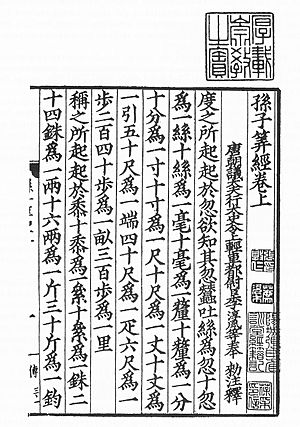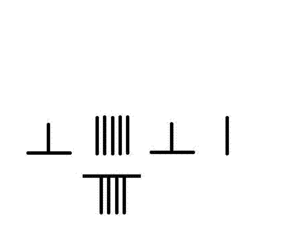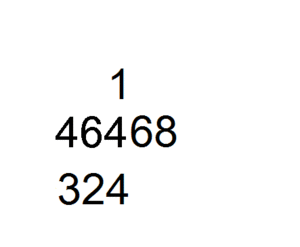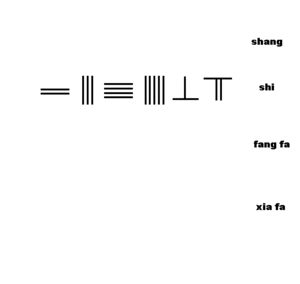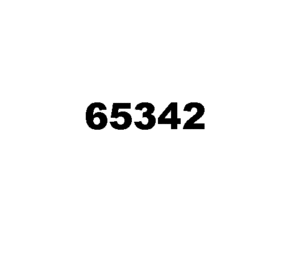Sunzi Suanjing facts for kids
The Sunzi Suanjing (which means The Mathematical Classic of Master Sun) is an old and important math book from China. It was written a very long time ago, between the 3rd and 5th centuries AD. Later, during the Tang dynasty, it was recognized as one of the "Ten Computational Canons," meaning it was one of the ten most important math books of its time.
We don't know exactly who wrote it. The author is known as Sunzi, or "Master Sun." However, he lived much later than the famous Sun Tzu, who wrote The Art of War. Experts believe the book was finished during the Southern and Northern Dynasties period in China. This book teaches about basic math, like adding and subtracting. It also explores special math problems called Diophantine equations, which are equations where you look for whole number answers. The Sunzi Suanjing also talks a bit about astronomy and how to create a calendar.
Contents
What's Inside the Book?
The Sunzi Suanjing is split into three main parts, or chapters.
Chapter 1: Counting and Measuring
The first chapter talks about how people measured things long ago. It explains units for length, weight, and how much something can hold. Most importantly, it gives clear rules for using counting rods. Counting rods were small sticks used to do math calculations.
Even though people used counting rods for a long time, no other old math books explained exactly how to use them. The Sunzi Suanjing was the first to do this. It taught that you needed to know the "position" of the rods. For example, vertical rods showed units, and horizontal rods showed tens. The book then showed how to use these rods for adding, subtracting, multiplying, and dividing. It even included many examples to help people learn.
Chapter 2: Fractions and Square Roots
Chapter 2 focuses on working with fractions. It explains how to make fractions simpler (reduce them). It also teaches how to add, subtract, and divide fractions using the counting rods. This chapter also describes a step-by-step method for finding the square root of a number.
Chapter 3: Solving Math Puzzles
The third chapter is very special. It contains the earliest known example of something called the Chinese remainder theorem. This is a very important math tool. It helps solve certain kinds of math puzzles, especially those related to Diophantine equations. These are equations where you are looking for answers that are whole numbers.
See also
 In Spanish: Sun Zi Suanjing para niños
In Spanish: Sun Zi Suanjing para niños
 | Kyle Baker |
 | Joseph Yoakum |
 | Laura Wheeler Waring |
 | Henry Ossawa Tanner |


